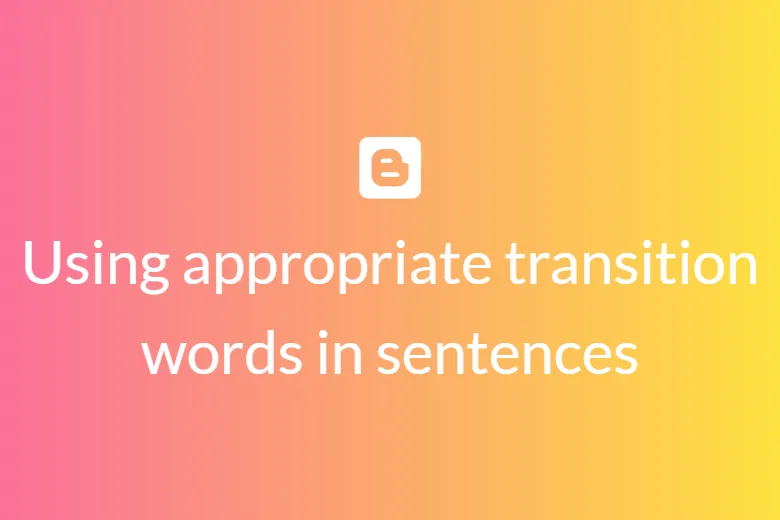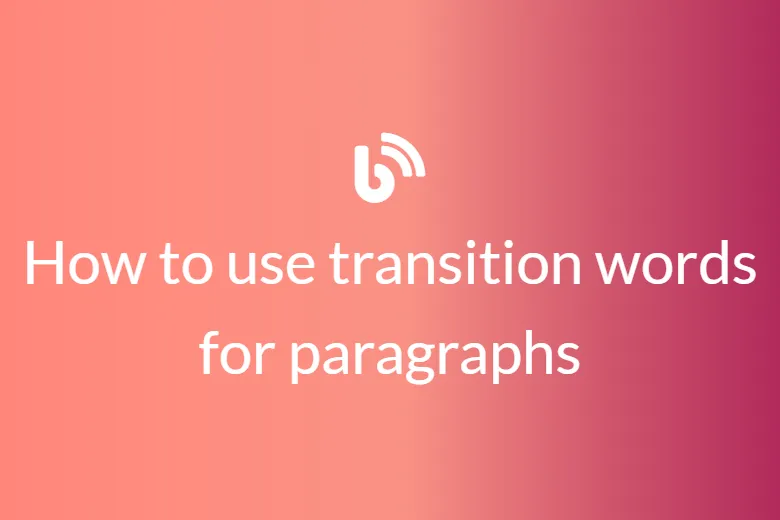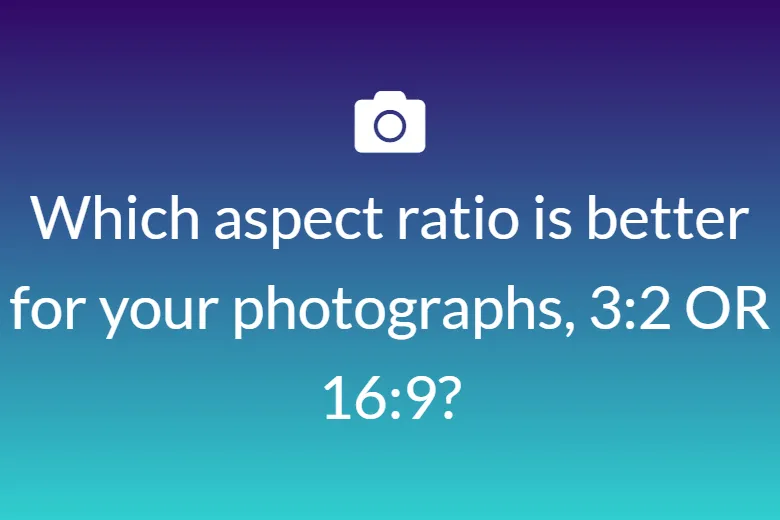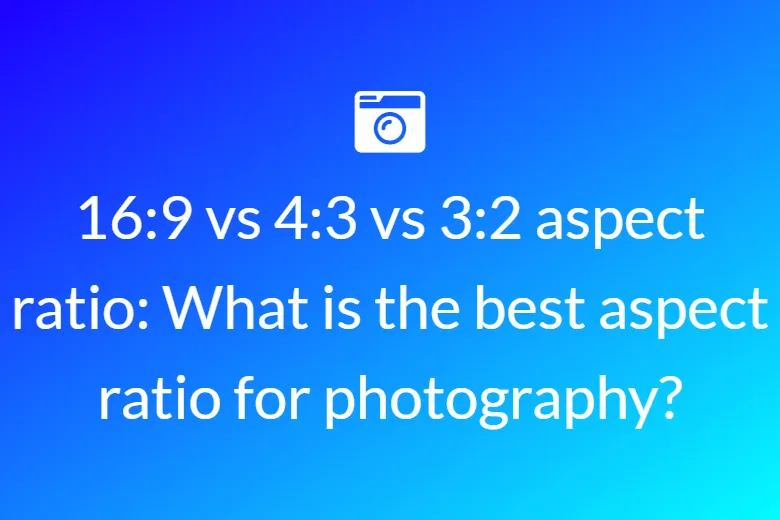Using Transition Words: Compare and Contrast
Before delving into the subject, it is important to briefly understand the significance and usage of transition words or phrases.
What are transition words?
Transition words are also called connection words that are used to interlink the ideas presented in one or more sentences, phrases, or paragraphs to form an organized thought process. They can be used at the beginning, in the middle, or at the end of a sentence or paragraph. It can be used to maintain the continuity or change of ideas based on the context and tone of the text. They can be incorporated with or without a coma or full stop. Transition words and phrases are used in various types of writing such as essays, research reports, novels, magazines, articles, and also in oral presentations.
Types of transition words are categorized as follows:
Addition: Furthermore, additionally, moreover, in addition to, also, and.
Correlation: As a result, therefore, consequently, because, hence, accordingly, then.
Opposition/Contrast: On the other hand, despite, however, although, in fact, but, on the contrary, nevertheless, differently, in spite of.
Comparison: Likewise, similarly, in the same way, as well as, in addition, such as, not only but also.
Position: At this point, inside, above, below, nearby, here, besides, over, the other side, behind, around, among.
Chronology: First, Finally, Next, afterwards, at last, soon, previously, never, sometimes, eventually, in the past.
Compare and contrast Meaning:
Using transition words when comparing or contrasting is crucial for helping the reader to understand the similarities and differences between various ideas throughout the text. It involves identifying how one thing is similar to or differs from another and the pros and cons of each. This enhances the context and provides a deeper understanding of the concept. Without these words, the text would lack the ability to evoke emotions or imaginations in the reader’s mind.
Transition words used for comparing:
Likewise, similarly, in the same way, as, like, by comparison, just as, compared to, in comparison, in the same manner, comparatively, equally, correspondingly, mutually, in like manner, by the same token.
Usage of transition words for comparison:
Transition words indicating comparison in writing are used to establish the link between the ideas being compared. These words help the reader understand the purpose of the comparison and make the concept discussed clearly. While writing, it is very important to choose the appropriate transition words that indicate similarity to effectively convey the intended meaning of the text.
Transition words used for contrasting or opposition:
On the contrast, on the other hand, however, despite, while, but, yet, nevertheless, in spite of, even though, although, whereas, despite this, conversely, in contrast to, regardless, alternatively, rather, instead, in comparison.
Usage of transition words for contrast:
Transition words indicating contrast are used to highlight the differences between ideas in a sentence or a paragraph. It is very important to identify the specific ideas or concepts being contrasted and choose the appropriate transition words that effectively convey the differentiation to the reader. This enables the reader to easily understand the purpose of the contrast and the overall concept being discussed in the text.
Compare and Contrast Examples
Examples of transition words to compare:
1.No one studies like John.
2. My parents are good dancers. Similarly, my sister shares the same talent.
3. He put a lot of effort into his studies. As a result, he achieved a top spot in his class.
4. Besides her schoolwork, Riya has a passion for art.
5. My younger brother mimicked my actions in the same way I mimicked my father.
6. In comparison to the cost of living in urban areas, the cost of living in rural areas is high.
7. Followers of Christianity believe that there is only one god.
8. I don’t think I will quit smoking. Besides, I maintain a healthy lifestyle.
9. The number of college-educated people is on the rise and more females are taking up careers in the STEM field.
10. As the workload increased, the pressure correspondingly intensified.
11. Houseplants require care. Similarly, outdoor plants too must be cared for properly.
12. I cannot come today; furthermore, I have no time to do so.
13. If you respect each other’s ideas and thoughts, you can build a great relationship. In the same way, respecting your ideas and thoughts will help you gain confidence.
14. She was a lawyer and, moreover, a good dancer.
15. You already completed this lesson. Furthermore, you must have basic knowledge about it.
16. I want to strive hard and reach new heights, just as birds do when they fly.
17. Jane is handsome, moreover, he is hardworking.
18. In addition to the new guest house, there is a new clubhouse as well.
19. I am very fond of riding but besides those two bikes. I haven’t any.
20. In like manner, the students performed the dance with grace.
21. In addition, there are 60 other applicants.
22. Behave rudely but, it’s her way of responding in a like manner.
23. By comparison, my new car is more advanced and efficient.
24. By the same token, if you want to become an athlete, you must practice consistently to improve your abilities and reach your full potential.
25. While it is essential to protest with the government, equally essential to follow the fundamental rules to make sure that the protest is peaceful.
Examples of transition words to contrast:
1. I excel in sports, in contrast to my friends.
2. She possesses a remarkable level of talent, unlike her parents.
3. Despite being in difficult conditions, my mother continued to strive hard with determination to overcome the obstacles she faced.
4. He was secretly playing video games while his parents were asleep.
5. Joy enjoys outdoor games. On the other hand, his family prefers indoor games.
6. Janhvi and Harshit have different tastes in music; however, they both like to dance.
7. Although David tried hard, he could not succeed in the exam.
8. In spite of the heavy rain, the children did not stop performing and succeeded in putting on a great show.
9. The final exam was very difficult to attend. Nevertheless, I got the best grade in the class.
10. Whenever my father questions me, I replied differently.
11. Everyone expects life to go on smoothly, but let us not forget that life is a matter of ups and downs.
12. Make an appointment with the doctor by phone, or alternatively, you can directly meet him at the hospital.
13. In fact, the damage caused to the ecosystem by pollution is irreversible.
14. John is sick, nevertheless, he kept on working.
15. She has 20 computer systems. However, only 10 are working well.
16. In contrast to her mother, she is very beautiful.
17. While she was depressed, she lost a lot of weight.
18. Riya is very intelligent, confident & hardworking. On the other hand, her brother is very weak.
19. It was rainy yesterday, but in contrast, it’s very sunny today.
20. While many of them are from the south.
21. Some of them are going to college, while a few are still at home.
22. He prefers to attend a wedding rather than attend class.
23. She was listening to music while cooking.
24. Ruby interviewed for assistant manager, instead selected for the manager.
25. Sachin Tendulkar achieved great heights, in fact, the hard work paid off.
Strategies for choosing the right transition word for contrast and comparison
- Identify the concepts or ideas that are being compared or contrasted in the text.
- Analyze the correlation between the ideas in terms of similarities and differences.
- Consider the context and the tone of the text.
- Incorporate a variety of transition words to avoid repetition and maintain the reader’s attention.
Common mistakes in using transition words for compare and contrast
- The insufficient context for comparison or contrast can make it difficult for the reader to grasp the concept.
- Improper understanding of the context and tone of the text might lead to inappropriate transitional words.
- Not understanding the meaning of transitional words and using them incorrectly might lead to confusion.
- Overstuffing transition words might look repetitive and clumsy.
- It is important to use them sparingly and only when they give clarity to the text.
All you need to know
Transition words for paragraph:
Moreover, meanwhile, as a result, in summary, on the other hand, in contrast, similarly, therefore, thus, besides, in addition, consequently, additionally, furthermore, however, conversely.
Transitional words for a conclusion:
Finally, in summary, all in all, in short, to conclude, to reiterate.
Transitional phrase:
In the light of this, to summarize, in other words, on the other hand, as a result, in like manner, by the same token.
Transition words for essay:
First, next, furthermore, lastly, in addition, besides, additionally
Conclusion:
Transition words play an important role in understanding the depth of a text between similar or different ideas. However, it is good to understand the meaning of these linking words to avoid using them improperly. Organizing the information requires a balance and appropriate choice of words in addition to the structure of the text which will improve overall writing abilities. It will be a clever thought to practice using transition words for comparing and contrasting in different contexts.









